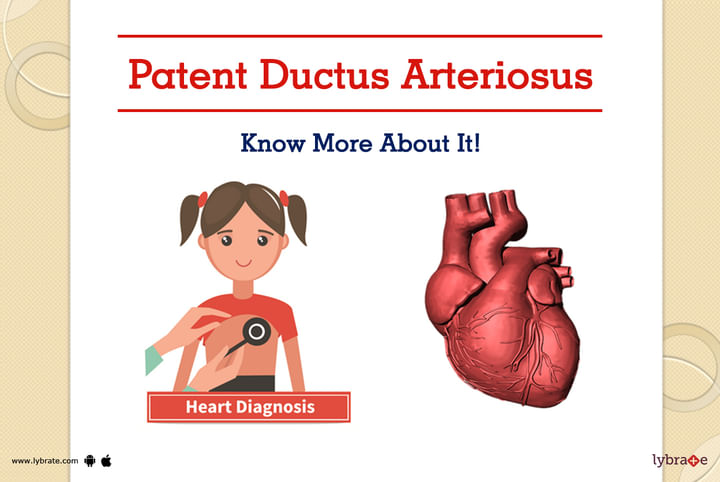Patent Ductus Arteriosus - Know More About It!
While every parent wants their children to be born healthy, some infants have a range of disorders present at the time of birth. Patent Ductus Arteriosus or PDA is one such condition that manifests in children when they are born.
Here is all you need to know about Patent Ductus Arteriosus (PDA).
What is PDA?
PDA is the opening between the two major blood vessels leaving from the human heart. The ductus arteriosus is an essential part of a child’s circulatory system before birth. This vessel closes a few days post the birth of the child, as the same functionality is now performed by the infant’s lungs.However, if the ductus arteriosus stays open after birth, it is called a patent ductus arteriosus (PDA).
When does patent ductus arteriosus require treatment?
In most cases, the PDA remains small enough not to cause any complications. However, if this vessel becomes too big, it can cause excess blood flow into both lungs and if not treated in proper time then poorly oxygenated blood can flow from lungs to the body and cause bluish-black discolouration of lips and fingers. Excess blood flow to the lungs leads to frequent cough and cold, respiratory distress, weight loss or poor weight gain etc.
Symptoms of PDA-
The symptoms of the condition may vary based on the size of the defect.
- In the case of larger PDA, here are some common symptoms.
- Frequent cough and cold
- Hospital admissions for pneumonia
- Your child will sweat when he/she cries or eats
- Your baby will tired easily
- Your baby’s heart rate will be elevated
- Your baby will experience breathlessness
If you notice any of the symptoms mentioned above, visit the doctor immediately. Quick diagnosis will eventually help in the treatment of PDA.
Causes of PDA-
Doctors have yet to pinpoint the exact reason why some children are born with congenital heart diseases, such as PDA. However, some doctors believe that genetic factors may play a role in causing PDA in a child. Infection of mother during pregnancy by Rubella virus can leads to PDA in the child.
Treatments for PDA-
Doctors have to account age and weight of the child while treating PDA.
Here are some options open to you if your child suffers from PDA.
PRETERM PDA-
Patience- If PDA affects your premature baby; the doctor will wait and watch whether the PDA closes on its own.
Medications- In case of a premature child with PDA, doctors also prescribe certain non-steroidal anti-inflammatory drugs like brufen etc to aid in closing the PDA if non-pharmacological measures alone not sufficient to close the PDA.
Preterm PDA device closure or PDA ligation: If preterm baby is not responding to conservative or drug therapy and dependent on oxygen or any respiratory support or in heart failure, then PDA should be closed. In preterm babies; either surgery or now a day, device closure technique can also be done in cath lab (without surgery) known as PDA device closure.
PDA in fully matured babies-
Drug treatment is not effective in closing the PDA in fully matured babies. When baby showed signs of heart failure or in respiratory distress then medical therapy in the form of diuretics are prescribed for decreasing the signs of heart failure.
- If PDA is large in size then surgical ligation needs to be done between 3-6 months of age.
- If PDA is small in size (child is asymptomatic in small PDA): needs to be closed between 12-18 months of age by non-surgical method in the form of PDA device closure in cath lab by angiography.
- Moderate sized PDA children are having poor weight gain and show signs of heart failure but less as compared to large PDA. These PDA needs to be followed up to 9-12 months of age and needs to closed preferably by device technique (non-surgical) depending on size of PDA and weight of the child.
Speak to the doctor regarding the type of treatment your child would need. A quick response is crucial and will save your child’s life.



+1.svg)
